Podcast: Play in new window | Download
Subscribe: RSS
Susan Bradley, CFP®, CeFT® is the founder of the Sudden Money® Institute, the organization that has created the Certified Financial Transitionist® (CeFT®) designation. Susan has served on the FPA’s National Board of Directors, currently sits on the NFLPA’s Financial Education Advisory Board, and serves as the Dean of Transitions for the Purposeful Planning Institute. She is a TEDx speaker and author of Sudden Money: Managing a Financial Windfall.
Takeaway Quote:
“We were in the business of life transitions and we didn’t even know it.”
Show Timeline:
2:29 How Susan got started with the work she does now
The shocking revelation that the winners would actually be losers
5:36 The skills an advisor needs to learn to help clients through transitions
Helping clients in the midst of ‘adjustment disorder’
9:09 Going beyond financial planning
The need to expand the role of the advisor beyond the technical expertise
11:36 Why the industry has been slow to deliver on the personal side
The trends in planning over the last few decades
14:31 What advisors need to build this skillset
Starting with structuring your client meetings to truly uncover their ‘emotional why’
18:19 An example of her approach to meetings in action
And the dramatic results it can deliver for both client and advisor
24:03 The complete list of modules in Susan’s certification program
Context and descriptions for each module
29:16 What’s involved in obtaining and keeping the CeFT® designation
The logistics and success of the program
31:09 The connection between transition expertise and referrals
A COI strategy, and understanding what clients care and talk about among themselves
34:58 How you can engage with Susan and her firm outside of the program
Helping you make progress on these concepts in the short term
Links:
Website: www.SuddenMoney.com
TEDx talk: Change launches you into the next great chapter of your life, whether you like it or not.
Book: Sudden Money: Managing a Financial Windfall
LinkedIn: https://www.linkedin.com/in/susanbradleycfp/
Twitter: https://twitter.com/SuddenMoney
Want more?
Stephen Wershing: www.TheClientDrivenPractice.com/checklistblog
Julie Littlechild: www.absoluteengagement.com/blog
Episode Transcript:
Julie Littlechild:
Welcome to another episode of Becoming Referable, the podcast that helps you be the kind of advisor people can’t stop talking about. I’m Julie Littlechild and on this week’s show, Steve and I are joined by Susan Bradley. Susan is the founder of the Sudden Money Institute, which focuses on equipping advisors with both the skills and the tools that they need to really focus on the personal side of money and help clients going through transitions, which I think we can agree is probably every client at some point.
She shares this great story about the moment she realized that advisors, and she was one at the time, were not formally equipped to deal with many of the issues that came up when clients were going through a significant transition in their lives, and she wanted to fill that gap. Susan is the creator of the Certified Financial Transitionist designation. She’s the author of the Sudden Money: Managing a Financial Windfall book, and she’s a TEDx speaker.
In our conversation, we talk with Susan about change and transition and how she helps advisors deal with both of those things more effectively. She talks about and shares the skills that are required and some of the gaps that she sees for advisors today. We talk about how these skills can impact your business and how they can make you more referable, and I know you’re going to love what she has to share. With that, let’s get to our conversation with Susan.
Well, Susan, welcome. So happy to have you here today.
Steve Wershing:
Yeah. Welcome, Susan.
Susan Bradley:
My pleasure.
Julie Littlechild:
Look, I’ve got so many questions to ask you. I should say, though, that the last time I saw you … And I can’t say this about everyone. We were driving around the streets of Mumbai, trying to find a tailor. That was my last experience with you. This will be a little different. I think we’re now in a territory we know something about.
Steve Wershing:
I would have-
Susan Bradley:
We could have used Steve that day, too. It would have been good.
Julie Littlechild:
We probably could’ve. We probably could have. It was a great experience. Susan and I had the opportunity to speak with Network FP in Mumbai, and it was just an awesome experience, but we did go on a little adventure.
Steve Wershing:
That’s very cool. What’s a trip to India without an adventure like that, right?
Julie Littlechild:
Exactly. Exactly. Susan, before I jump into the 101 questions I’d love to ask you, it might be helpful just to start with a little background. Maybe you can just tell us a little bit about the work that you do with advisors and maybe even just the path to this point.
Susan Bradley:
The path to this point. Okay. My background is that I am a CFP from the early ’80s. Loved the profession, always have and probably always will, but I’m no longer a practitioner. I sold my practice almost 15 years ago so that I could concentrate fully on what was then the Sudden Money Institute, still is, but we have an active division that we talk a lot about now.
The way that I made that shift is that I realized through some events that my training had not really prepared me for people that were in what we call a Sudden Money Experience, and I thought beyond that as I was looking at divorce and widowed people and business owners, etc. I realized that when life changed, money changed, and I didn’t really have a change management model built into my financial planning model that I was using, had been using for over 20 years at that point.
Steve Wershing:
Susan, could we dig into that a little? Because if I remember correctly, that exploration on your part actually came out of a class action lawsuit.
Susan Bradley:
That’s right. That’s right. It was a group of 300 or so women, it was against Dow Chemical for actual and possible medical complications because of breast implants. And the lead lawyer on this who was the lead partner in a major PI firm was telling me about what the women were doing. They were what we now call future spending. They were making commitments to other people, to themselves, mortgages, cars, etc., that they would take care of when the money came in.
That’s a shocking thing for a financial planner to hear, and when I said, “How many people will have money a year after you get it for them?” And he said, “Slim to none.” And I was absolutely shocked, and I said, “That just can’t be. That just can’t be.” And he said, “It’s not my job.” Just like, “Pass the salt.”
And that comment really … When I look back on it, I didn’t understand then, that changed the direction of my career and my life. I went to fill in the blanks and figure out what I could do. I was going to write a white paper for that firm and we had negotiated that, and I thought other people in the profession would have done this ahead of me.
I went to the academics, I went to some of the larger chapters, trying to find somebody to tell me about it, and I was just going to write about it. I didn’t need to create it. But it didn’t exist, and Dow went into bankruptcy and so did many of the women. It just wasn’t okay. For whatever reason, I couldn’t leave it alone. That’s the beginning.

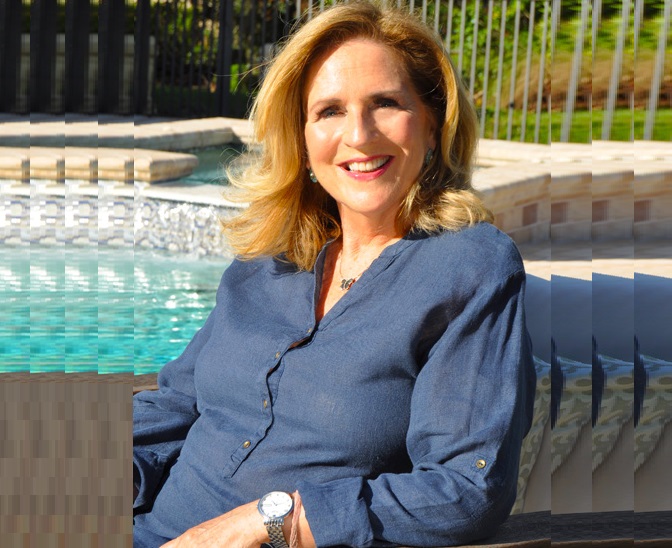
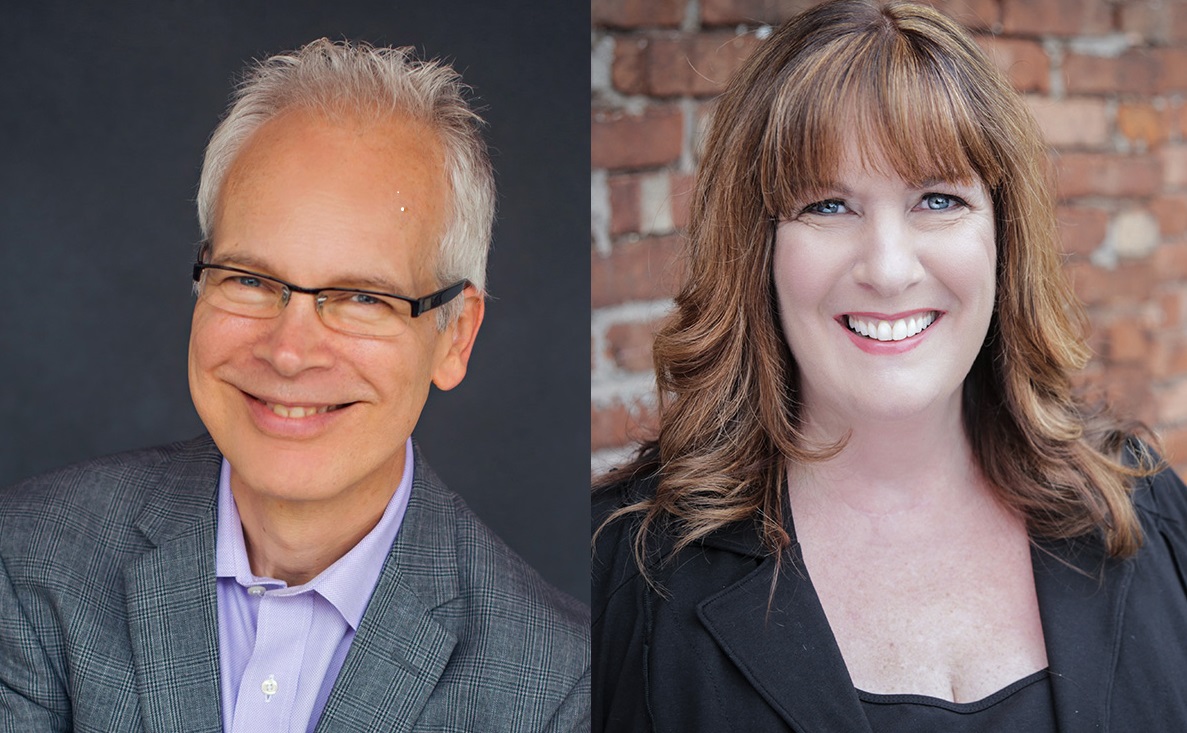
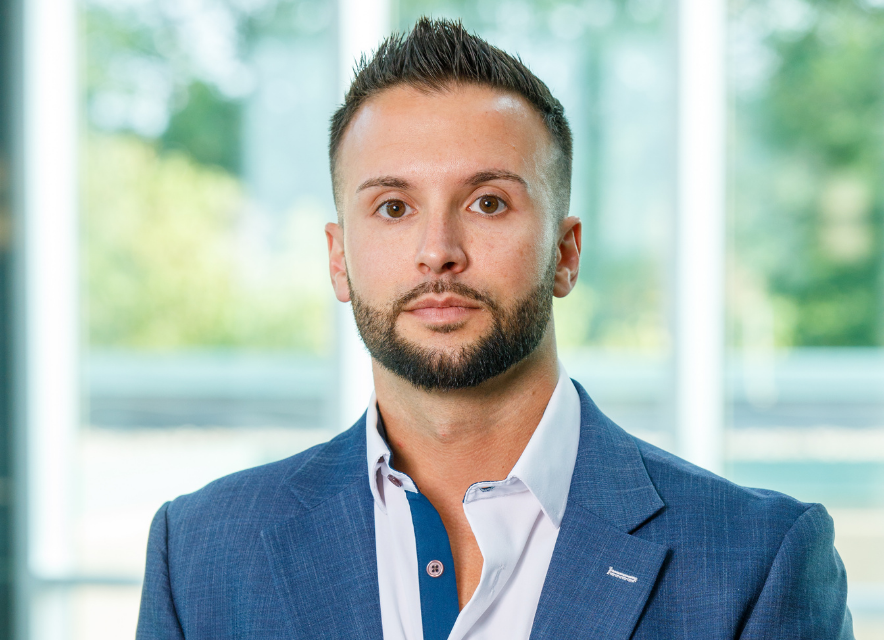
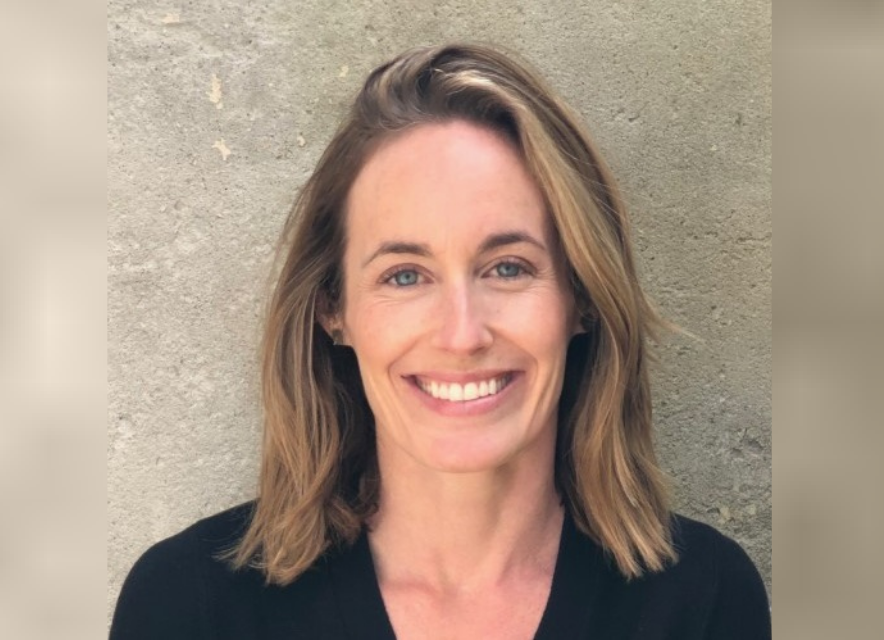
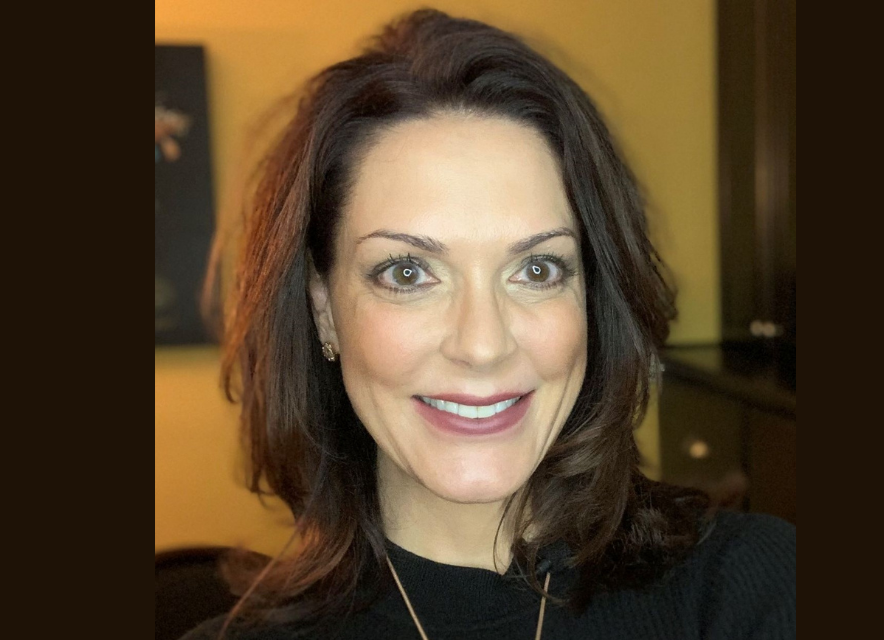
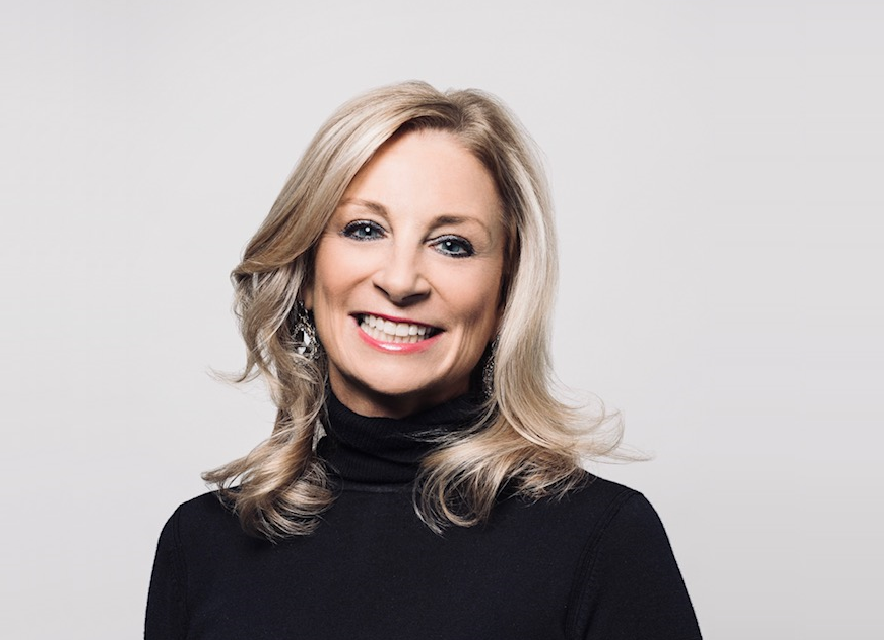
Thanks so much, Julie and Steve! We finally did launch the website for our training division. Advisors can go to http://www.financialtransitionist.com for more on Financial Transitions Planning and the CeFT designation. We will be re-launching the Sudden Money site soon, and look forward to providing individuals and families with the first space dedicated to support and resources for major life transitions. I hope to see you both soon!